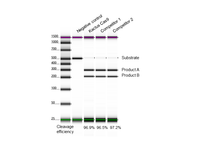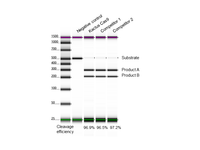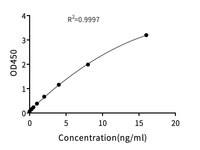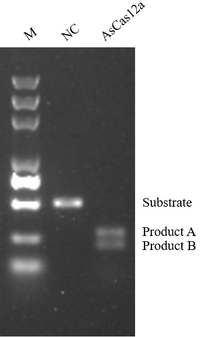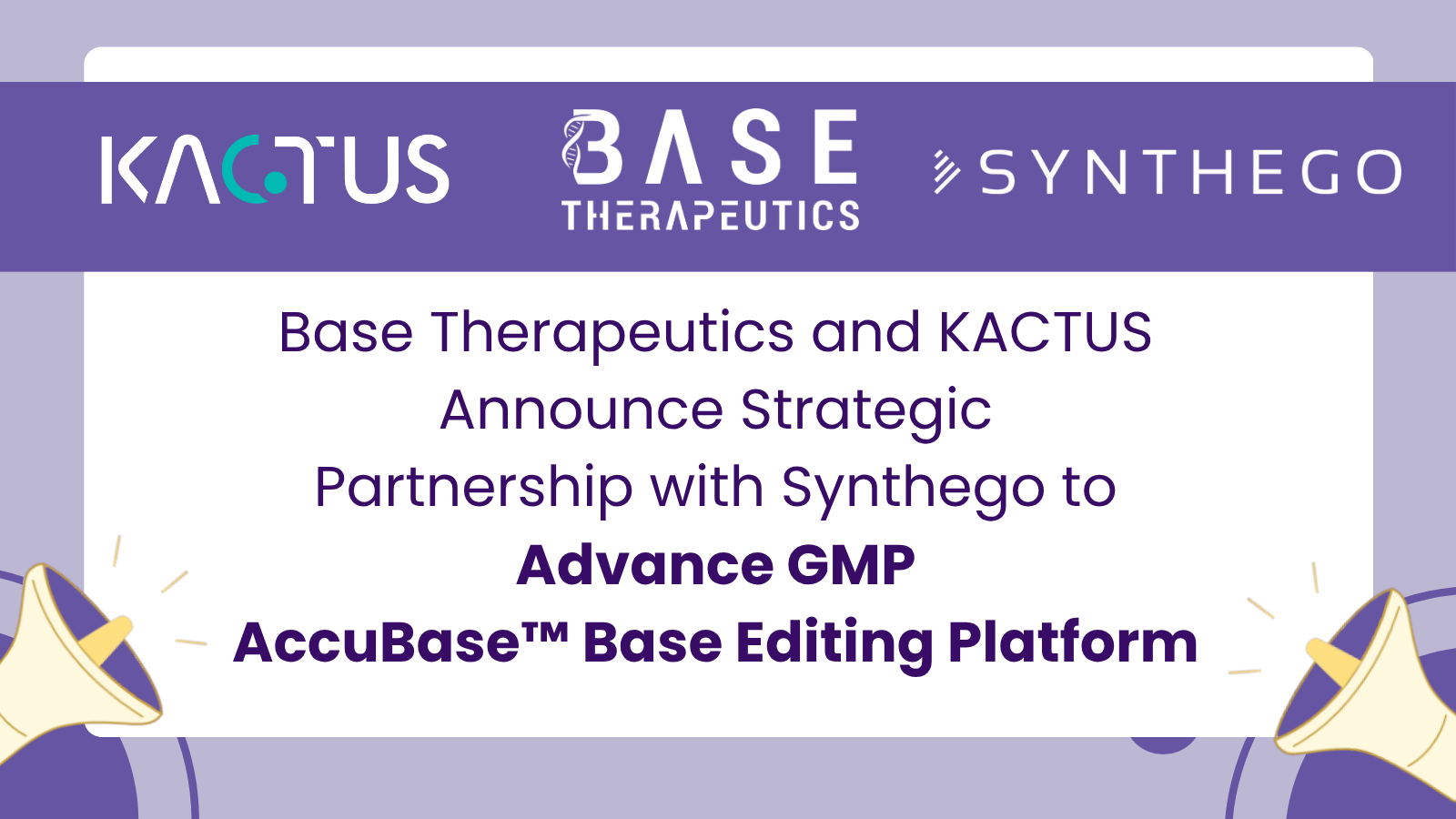FDA New Guidelines Pave the Way for Gene Editing Drug Development
By Yujiao Zhang
FDA Official Guidelines
On January 31, 2024, the FDA CBER officially released the "Human Gene Therapy Products Incorporating Human Genome Editing - Guidance for Industry". This guidance offers a series of directives on the design, production, testing, preclinical safety studies, and clinical trial design of gene editing products, with constructive comments particularly on the choice of gene editing techniques and the quality of involved materials.

Key Points Explained
1. Choosing the Right Editing Tools with Lower Off-Target Rates
The guidelines address the components of genome editing (GE), which include any substances necessary for genomic modification, such as editors, targeting components, and donor DNA templates. During the early stages of drug development, it is necessary to balance the type of gene editing tools, editing methods, and delivery pathways. It is recommended to optimize the gene editing tools to have a lower off-target rate and higher safety under the conditions suitable for the current project.
2. CMC Recommendations: Use of High-Quality GMP-grade Materials
At the IND stage, high-quality materials must be used, and corresponding supporting documents should be submitted simultaneously. When applying for a product BLA, the materials used must meet cGMP requirements, especially considering the control of raw materials/reagents quality, manufacturing processes, and analytical methods.
For ex vivo gene editing therapies, the gene editing tools are considered critical components of production. At the project IND stage, detailed production, purification, and testing data for the gene editing components must be submitted simultaneously, including the study of the sensitivity of analytical methods. It is advisable to concurrently submit a long-term stability study plan and supporting data for the gene editing components.
Click here to view the original text "Human Gene Therapy Products Incorporating Human Genome Editing-Guidance for Industry"
Also, the FDA CBER recently hosted an online seminar sharing the key considerations in the development of gene editing drugs mentioned in this guidance. Click here to watch the conference playback.
High Standard Gene Editing Enzymes from KACTUS
To meet the development needs of cell and gene therapy drugs, KACTUS has built a nearly 10,000 square meter GMP production workshop and a certified quality system, assembling a professional team of nearly 200 people, dedicated to establishing a leading position in gene editing tools enzymes. The lineup includes multiple types of gene editing enzymes such as GMP-grade Cas9 and the independently developed GMP-grade base editor AccuBaseTM (by Base Therapeutics). The GMP-grade Cas9 has completed FDA DMF filing and has provided strong support for multiple IND submissions.
Below is a list of related products (click on the product code for details):
|
Catalog Number |
Product Information |
|
Cas9 Nuclease 【100μg/1mg】 |
|
|
Cas9 Nuclease, GMP grade 【3mg】 |
|
|
Cas9 (CRISPR Associated Protein 9) ELISA Kit 【96T】 |
|
|
SpCas9 D10A Nickase 【100μg/1mg】 |
|
|
AsCas12a Nuclease 【100μg/1mg】 |
|
|
BS-EP1 (AccuBaseTM) 【100μg/200μg/500μg/1mg】 |
|
|
BS-EP1 (AccuBaseTM), GMP grade 【1mg】 |



